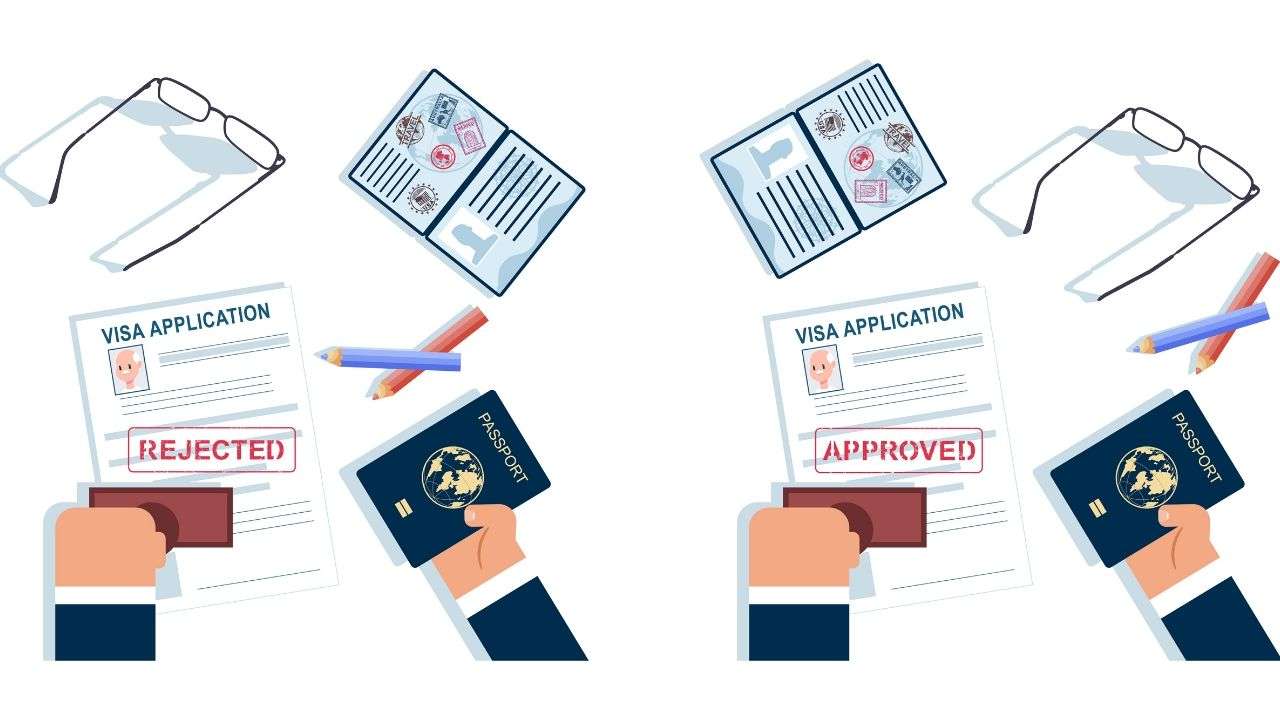Visa, Work Permit and PIT – What Enterprises Should Consider When Employing Foreign Workers in Vietnam


Visa Lawyers
Enterprises employing foreign workers in Vietnam should be aware of issues on visa, work permit, liability of enterprise related to Personal Income Tax (PIT) of the foreign employee as declaration, payment and finalization to ensure legal compliance.
Visa
Foreigners eligible working in Vietnam are foreign investors whom contribute capital to set-up company in Vietnam, chief representative of NGO, lawyers licensed by Vietnam Ministry of Justice, foreigners workers with valid working permits in Vietnam. Working visa in Vietnam is granted to foreigner working legally in Vietnam. Working visa for foreigner in Vietnam has maximum length of 12 months. In the case the foreigner wishing to stay longer, he/she could apply for temporary residence card for a period of up to three years. The application must be submitted to the provincial Immigration Department, and may include supporting documents such as a housing lease contract and an employer’s certificate of incorporation.
Work permit
Decree No. 102/2013/ND-CP elaborating some articles of the Labour Code on foreign workers in Vietnam states that for foreigners that requires work permit in Vietnam, the employing enterprises will have to apply for work permit for such employee before they start working. The head of the provincial People’s Committee will have to approve the necessity to hire foreigners before the Vietnam Department of Labour, Invalid and Social Affairs (DOLISA) grants work permit in Vietnam. For foreigners belonging to one of the cases exempted from work permit, the employing enterprises will have to request the provincial DOLISA where foreign workers regularly work to certify that such foreign workers are exempted before the day on which they start to work.
Personal Income Tax obligation
Foreigners whom are subject of Personal Income Tax (PIT) in Vietnam are resident and non-resident workers. Foreigners who reside in Vietnam for less than 183 days in a tax year are considered non-residents for tax purposes. The first tax year is the consecutive 12 months period from arrival date in Vietnam, and the second tax year will follow the calendar year. Non-resident foreigners working and earning income in Vietnam are subject to PIT at a flat rate of 20%. Foreigners who reside in Vietnam for 183 days or more in a tax year are considered tax residents in Vietnam and subject to PIT at progressive rates on their world-wide employment income. Incomes of foreign workers in Vietnam are based on salaries, wages, allowances and other benefits such as housing allowances, memberships at sport and health clubs, personal entertainments. The expenses not being subject to PIT are including return air tickets between Vietnam and home country of the foreigners, school tuition fees of children of foreigners which employing enterprises pay on their behalf.
Vietnam has signed double tax agreements (DTA) with a number of countries, in which tax exemptions may be applied in specified circumstances. To request for tax exemptions, the application has to submit the request to the Ministry of Finance.
We help clients overcome cultural barriers and achieve their strategic and financial outcomes, while ensuring the best interest rate protection, risk mitigation and regulatory compliance. ANT lawyers have Attorneys in Hanoi, Attorneys in Ho Chi Minh and Attorneys in Danang.
How ANT Lawyers Could Help Your Business?
Please click here to learn more about ANT Lawyers or contact our lawyers in Vietnam for advice via email ant@antlawyers.vn or call our office at +84 28 730 86 529
Recent Posts
5 Crucial Facts About ESG Laws in Vietnam That Could Save Your Business and Reputation
The Business World Is Changing Fast Rules are shifting. Expectations are rising. Eyes are watching. …
7 Powerful Reasons Why ESG Compliance in Vietnam Will Win You Trust, Growth, and Global Clients
Trust matters. Today, more than ever. Across industries, many companies are now being asked. directly…
7 Bold Reasons Why Tokenization in Vietnam Could Transform Your Future
Change is coming. Quietly. Digitally. Rapidly. Let’s imagine the situation, which assets are no longer…
Vietnam P2P Lending: 5 Bold Reasons Why Decree 94/2025 Could Empower Millions or Backfire?
A New Financial Chapter Begins in Vietnam One person lends. Another borrows. It’s that simple.…
5 Essential Lessons from Risk Management in Digital Assets in Vietnam: Protecting Trust in a Digital World
Trust Is the Real Currency Money can be lost. Tokens can vanish. Platforms can crash.…
5 Powerful Reasons Why Vietnam Digital Asset Sandbox Is a Bold and Hopeful Move for Innovation
Change is fast. Rules are slow. But innovation can’t wait. As digital assets grow, so…




